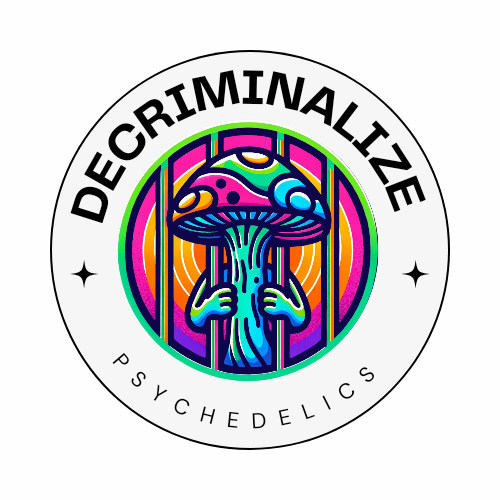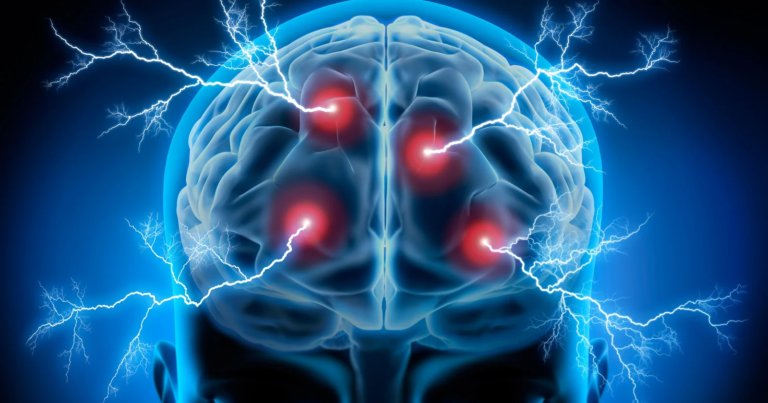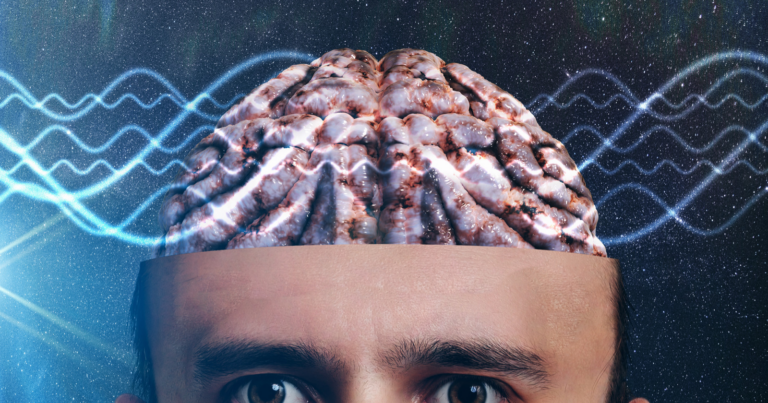Chronic pain management is complex.
If you experience chronic pain, you’ll known how many dead ends there can be with traditional medicine.
Dealing with chronic pain can feel like an endless tug-of-war.
But what if there was a promising solution, an option that is gaining ground in medical circles?
Enter Ketamine.
Previously known for its use in anesthesia (and, admittedly, as a recreational drug), Ketamine is now being seen as a game-changer for managing chronic pain conditions.
Let’s look at how this psychedelic can support people with chronic pain – exploring its origins and touching on some personal stories.
A New Hope in the Battle Against Chronic Pain
Traditional pain management options often provide temporary relief, but the pain inevitably comes back, sometimes stronger than before.
Yet Ketamine – once known primarily for its use in anesthesia and recreational activities – has stepped into the spotlight as a new contender in the fight against chronic pain.
Medical professionals are increasingly turning to this unlikely hero, seeing it as an effective alternative to traditional pain management techniques.
The reason?
Ketamine works differently from typical pain medications. It targets different receptors in the brain, providing relief from pain for longer periods of time, and without many of the side effects associated with other drugs.
Now, isn’t that an exciting prospect?
But like any good story, there’s more to it than just surface level excitement.
History of Ketamine
Ketamine might seem like a new player in the field of pain management, but its history stretches back further than you might think.
In fact, it was first synthesized in the 1960s as a safer alternative to phencyclidine (PCP) for use in anesthesia.
During the Vietnam War, it gained popularity due to its effectiveness and safety profile. Medics could easily carry and administer the drug on the battlefield, providing immediate pain relief to wounded soldiers.
Today, it’s this same ability to provide effective and fast-acting pain relief that makes Ketamine a compelling option for chronic pain management.
Its roots in anesthesia mean that it’s uniquely equipped to manage pain in a way that many traditional painkillers aren’t.
This historical context gives us a clearer understanding of why Ketamine is making such a significant impact in chronic pain management today.
My Personal Journey with Ketamine
As someone who has battled with chronic pain myself, I can tell you, it’s not a walk in the park.
I’ve tried various treatments – from over-the-counter meds to prescribed opioids.
But the relief was always fleeting, and the side effects… Well, let’s just say they weren’t pleasant.
Then I heard about Ketamine.
I was skeptical at first. I mean, who wouldn’t be? But my doctor reassured me, explaining how it targets different receptors in the brain, and how it could provide longer-lasting relief without some of the side effects I’d been dealing with.
So, I decided to give it a shot. And I’m glad I did.
Since starting Ketamine treatment, my pain levels have decreased significantly.
Of course, it’s not a magic bullet – I still have bad days. But overall, my quality of life has improved.
I share this not as medical advice, but as a personal testament to how Ketamine is changing the game for chronic pain sufferers like me.
It’s a powerful illustration of the potential this drug has in transforming pain management.
Ketamine Clinics and Accessibility
While the benefits of Ketamine for chronic pain management are becoming increasingly recognized, accessing treatment isn’t always straightforward.
In recent years, specialized Ketamine clinics have begun popping up, offering infusions for a variety of conditions including chronic pain.
These clinics provide a controlled environment where patients can receive treatment under medical supervision.
But, it’s important to note that not all insurance companies cover Ketamine treatments for chronic pain. This can make it an expensive option for some people.
Despite this challenge, the rise of Ketamine clinics speaks volumes about the growing acceptance of this treatment within the medical community.
It also highlights the need for further discussion around accessibility and affordability of emerging pain management options.
The Emotional Rollercoaster of Chronic Pain
Living with chronic pain doesn’t just take a toll on your body. It can also play havoc with your emotions. You find yourself oscillating between hope and despair, sometimes on the same day.
When I first heard about Ketamine and its potential benefits, I was cautious.
I had been down the road of “promising treatments” before, only to be met with disappointment. But there was a part of me that couldn’t help but feel a spark of hope.
Starting the treatment was nerve-wracking. Would it work?
Would the side effects be manageable?
But as the days turned into weeks, I noticed a difference. The pain was less intense, less consuming.
This emotional journey—this rollercoaster—is something many chronic pain sufferers can relate to.
And it’s why exploring new treatment options like Ketamine is so crucial. It’s not just about managing pain; it’s about reclaiming our lives from the clutches of chronic conditions.
The Science Behind Ketamine
Understanding how Ketamine works can help demystify its use in chronic pain management. Unlike traditional painkillers that block pain signals, Ketamine operates differently.
It interacts with a type of receptor in the brain called NMDA.
By blocking these receptors, Ketamine helps reduce the sensation of pain. This novel approach to pain management makes it effective even when other treatments have failed.
Additionally, studies have shown that Ketamine has anti-inflammatory effects, which can further contribute to its pain-relieving properties.
Exploring the science behind this drug not only provides insight into its effectiveness but also paves the way for future research and development in chronic pain management.
The Future of Ketamine in Chronic Pain Management
While Ketamine has shown promising results in managing chronic pain, it’s essential to remember that it’s not a one-size-fits-all solution.
Like any medication, it has potential side effects and may not work for everyone.
But, its increasing use and the ongoing research into its efficacy highlight its potential as a powerful tool in our pain management arsenal.
As we continue to understand more about chronic pain and how to treat it, Ketamine is poised to play an increasingly significant role in providing relief for those who need it most.
A New Chapter in Pain Management
The journey of managing chronic pain is a complex and personal one, often marked by trial and error, hope and disappointment. In this intricate and often challenging journey, Ketamine emerges as a beacon of potential relief.
This drug, with its unconventional roots and unique way of interacting with our brain, is carving out a new path in the field of pain management.
Its growing adoption and ongoing research underline its potential to transform the lives of those battling chronic pain.
Whether it’s the significant reduction in pain levels, the longer duration of relief, or the potential to sidestep some of the side effects associated with traditional painkillers, Ketamine is redefining what pain management could look like.
It’s important to remember that while Ketamine offers hope, it’s not a silver bullet.
But its emergence signifies an important shift in our thinking and approach towards managing chronic pain.
Ketamine stands as a potent reminder of how far we’ve come and how much further we can go. It’s a testament to our relentless pursuit of better, more effective ways to help people live fuller, less painful lives.











